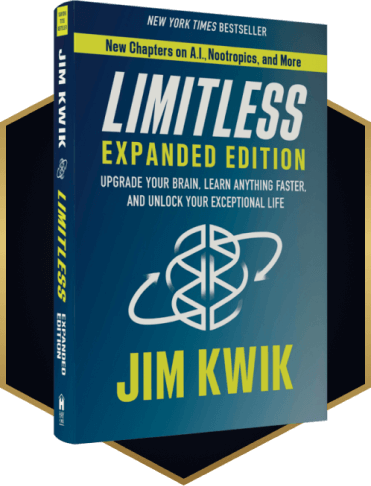The benefits of a trained memory affect several aspects of your daily life. It prepares you for new challenges, improves attention, and strengthens cognitive skills in your daily routine. Your brain continues to learn and grow as you age, but you have to train your memory at regular intervals.
Here are ten advantages of having a trained memory.
Stronger Memory
Brain training expands your memory and helps you remember daily tasks or information. Things like where you left your keys, managing your household finances, and recalling telephone numbers or names.
Active memory is when your short-term memory keeps information ready and easily accessible. Working memory is where you complete those tasks. Long-term memory contains all of your experiences and allows you to recall those memories for extended periods of time.
Brain exercises are the most effective and complete memory workout on hand because they use all aspects of your memory actively, keeping those neural pathways clear.
Enhanced Creativity
One of the most important benefits of having a trained memory is that it enables you to imagine things from different angles. It results in better problem-solving abilities, greater flexibility, and more creative ideas.
Adaptable thinking allows you to go beyond looking at only the facts present to solve a problem. You can extend basic logic when you analyze information to arrive at different conclusions.
Brain training includes flexibility games, such as taking images or symbols and extending a pattern using a set of rules, which results in improved creativity.
Sharper Focus
Memory training improves your concentration, attention, and multitasking ability significantly. In short-term memory, attention is essential. In order for information to enter and remain available for processing, you have to notice it first.
The modern world is full of distractions. Social media, advertisements, and email all have notifications pinging and dinging to grab your attention. You might feel pulled in several directions, diverting your focus and attention to multiple tasks at a time.
Brain training helps you narrow your focus so you can give your full attention to one task at a time. It’s possible to train your focus, and that means never losing important information from distraction again.
Improved Attention
Memory training can also sharpen your visual skills by training your spatial and visual abilities. You learn to identify visual patterns and recall shapes. To help with recall and memorization, you’ll practice using your imagination to visualize various items to associate with what you’re learning.
These exercises give you deeper awareness of your surroundings and help you find details you might have missed before. You also get better at active listening because you’re engaged in remembering what the speaker is saying more than what you want to say next.
Quick Reaction Time
Slow reactions can be a constant source of frustration, particularly in the modern world, where almost everything depends on fast responses based on your power of evaluation.
For example, the ability to be a good driver depends on these three factors: the ability to assess the situation, sharper concentration, and quick reaction times.
As you train your memory, speed drills help decrease your reaction times to multiple situations in your life. They also strengthen the pathways in your prefrontal cortex, improving your decision-making and problem-solving skills.
Extended Vocabulary
By enhancing your ability for auditory processing, brain exercises can help with language fluency. Repetitive exercises help you find words easily, increase memorization, and allow you to speak with confidence.
You can apply memory exercises by learning a new language. As you apply unfamiliar words and grammar to your base knowledge, you broaden your grammatical understanding of your primary language.
Enhanced Working Memory
Working memory acts to merge the temporary storage and the processing of information. It allows comprehension, problem solving, and reason. But it has a limited capacity, which means it needs flexibility to perform daily tasks efficiently.
Training your memory requires you to use your working memory as you practice active recall. While it can’t increase your working memory too much, it helps ensure that you can maximize your memory capabilities to get more done when you need to.
Longer Short-Term Verbal Memory
Verbal short-term memory is similar to short-term visual memory. It preserves audio representations of words, numbers, and objects in terms of language.
This is important when it is comes to learning a new language, being able to comprehend instructions, and being an active listener in any conversation.
Faster Visual-Spatial Short-Term Memory
Visual-spatial memory is where visual information is stored for a short time. You use this memory whenever you want to remember visual details like a map or someone’s facial features.
When you train your memory, you learn to remember visual cues based on connecting them to other pieces of your long-term memory. This means you get better at making visual connections to new items quickly and effectively.
Conclusion
These are only a few ways you can benefit from having a trained memory. It has a positive impact on your daily lifestyle. Having a trained memory will help you develop new mental skills and will sustain your memory as you age.
If you want more information on how to learn faster, watch this video:








